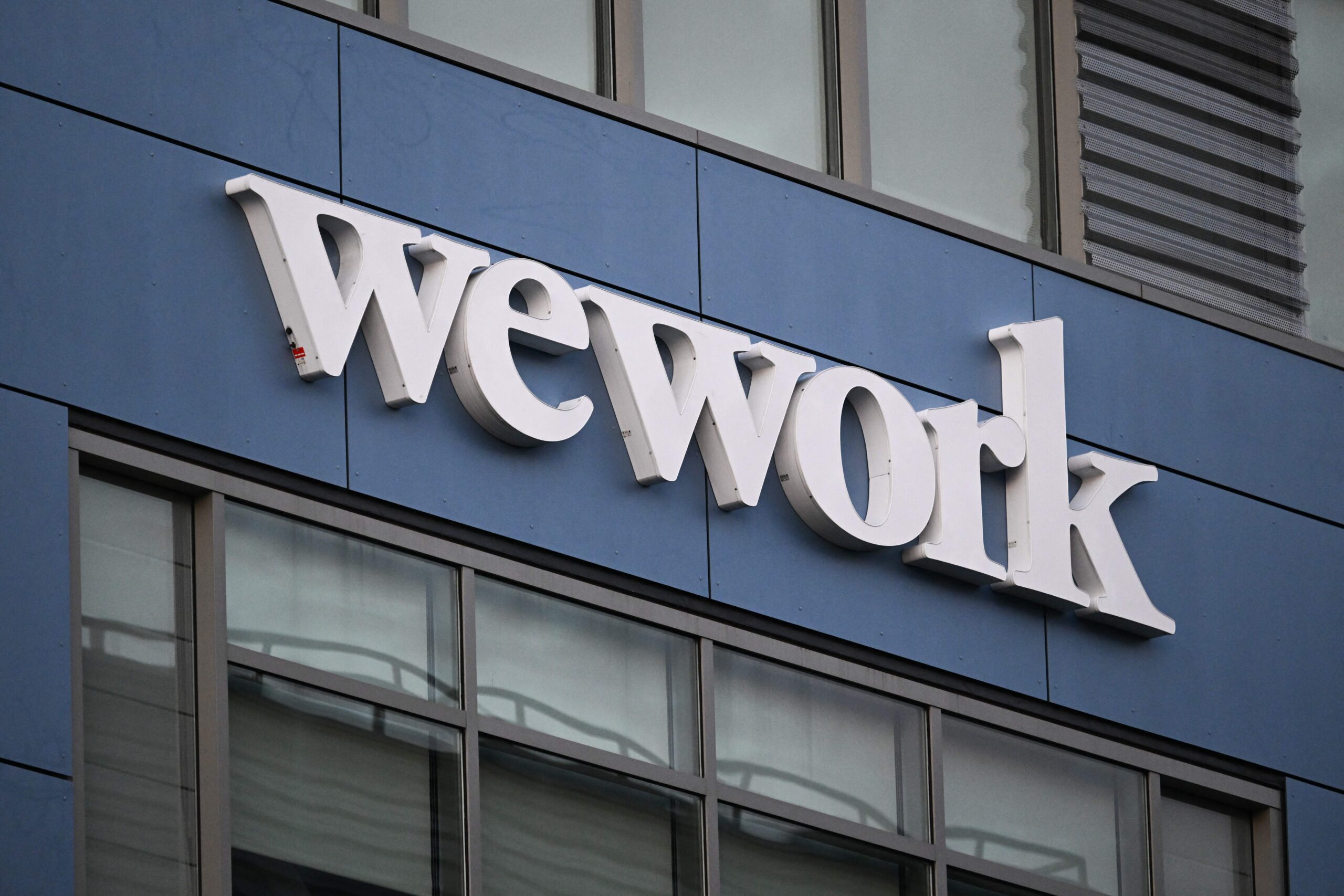In the world of startups and entrepreneurial ventures, the rise and fall of WeWork have been an intriguing and cautionary tale. Once hailed as a super unicorn with a potential valuation of $47 billion, the company’s rapid downfall to a valuation as low as zero has left many industry experts and investors bewildered. Let’s delve into the intricate details of what led to this catastrophic collapse and examine the crucial lessons we can glean from the WeWork saga.
Understanding the WeWork Story
Founded by Adam Neumann, WeWork began as a promising concept, offering co-working spaces to foster collaboration and innovation. The company’s initial success propelled it into the limelight, attracting significant investments and a soaring valuation. However, as the journey unfolded, the flaws within the organization’s structure and leadership became apparent, leading to its eventual decline.
Key Factors in WeWork’s Downfall
Nepotism and Internal Conflicts
Nepotism, or the preferential treatment of family and friends, was a critical issue within WeWork’s operations. The company’s recruitment practices and organizational structure were compromised due to favoritism, leading to a lack of merit-based decision-making and potentially inhibiting overall growth.
Greed and Self-Dealing Practices
WeWork’s CEO, Adam Neumann, was embroiled in numerous controversial financial transactions, including trademark acquisitions and personal borrowing from the company. These practices not only raised ethical concerns but also undermined the trust of investors and stakeholders.
Overfunding and Uncontrolled Spending
With a staggering $22 billion in investments, WeWork faced a paradoxical situation of overfunding, which resulted in reckless spending and extravagant decisions, such as the purchase of a $16 million private jet. These decisions highlighted a lack of financial discipline and accountability within the organization.
Premature Scaling without Profitability
WeWork’s aggressive expansion into 836 locations worldwide, coupled with its position as one of the largest tenants in prominent cities, was an instance of premature scaling. The lack of profitability in its initial markets, along with an absence of a sustainable business model, contributed significantly to the company’s financial instability.
Poor Corporate Governance and Lack of Focus
The absence of effective corporate governance and a clear strategic focus further exacerbated WeWork’s issues. The company’s diversification into unrelated ventures, including education, living spaces, and even an airline, without a solid foundation in its core business, led to a dilution of resources and a loss of direction.
A Broken Product-Market Fit and Flawed Business Model
WeWork struggled to find a sustainable product-market fit, as the cost of providing its services outweighed the market’s willingness to pay. Additionally, the company’s flawed business model, which involved subleasing long-term properties as short-term leases, proved to be unsustainable, especially in the face of economic downturns.
Co-founder Adam Neumann’s Role
Adam Neumann’s leadership style, marked by grandiose visions and questionable decision-making, contributed significantly to WeWork’s downfall. While his ability to attract investments and sell the company’s vision was undeniable, his lack of transparency and ethical conduct ultimately eroded trust and credibility.
SoftBank’s Influence and Investor Responsibility
SoftBank’s substantial investments and failure to implement proper checks and balances significantly impacted WeWork’s trajectory. With a “push at all costs” approach and limited oversight, SoftBank inadvertently fostered an environment of unchecked growth and unsustainable practices within WeWork.
Lessons Learned and Future Implications
The WeWork debacle underscores the importance of ethical leadership, sustainable growth strategies, and transparent corporate governance within any organization. Investors must exercise due diligence and responsibility to ensure the long-term viability and ethical conduct of the companies they support.
The Silver Lining and Future Prospects
Despite the catastrophic fallout, WeWork’s failed IPO prevented further financial damage to the public. Moreover, the cautionary tale of WeWork serves as a reminder that timing plays a crucial role in the success or failure of any startup, emphasizing the need for adaptability and resilience, especially in times of economic uncertainty.

